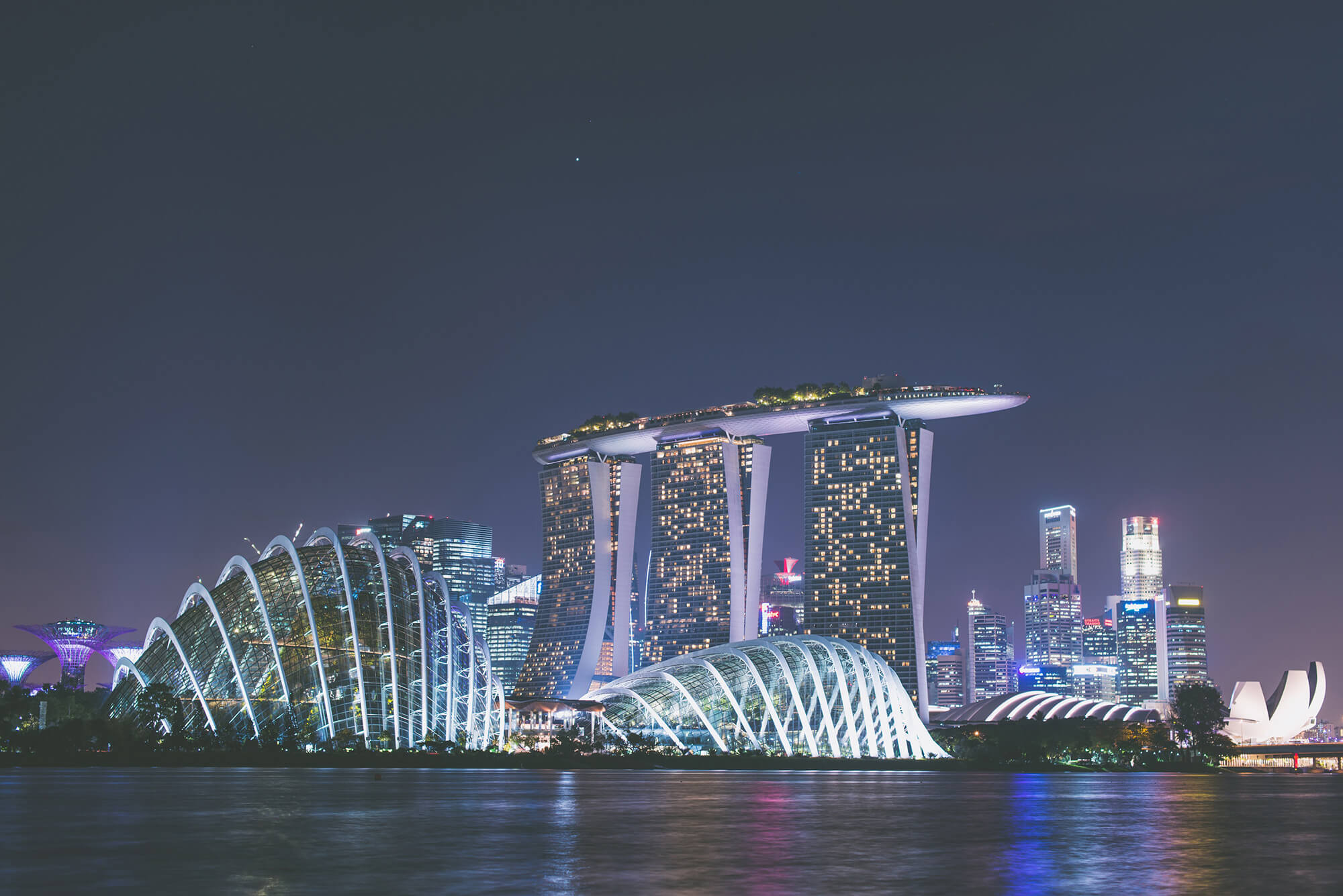Cities are getting smarter. It’s happening right now, and it isn’t much short of a revolution.
Whole cities are incorporating the Internet of Things (IoT) into their daily life, changing the way the cities and towns live and breathe. The idea is to improve the quality of life for the billions who now live in cities or will as the relentless urbanization of the world continues.
Some are more advanced than others, but the revolution is afoot across the globe. Experts can’t explicitly say which communities are leading the pack but, expectedly, Singapore and Dubai are in the front row, and so are New York and San Antonio.
The goal is to make cities, as old as civilization, more citizen-friendly and more efficient and to ready them for further electrification in transportation — and, one day, for autonomous vehicles.
Clint Vince, chairman of the U.S. Energy Practice of the world’s largest law firm, Dentons, tells me that the firm is so involved with smart cities and communities that it has established a not-for-profit think tank to work on smart city issues within it. He said the think tank has determined 14 “pillars” of the smart city, from obvious ones like transportation, water, electricity and sewage to less obvious city functions like health and recreation.
Vince has represented New Orleans and San Antonio for many years, but he now sounds more like a city visionary than a lawyer. “Take the electric grid: It has to go from a single-direction flow, taking electricity from the point of generation to the point of consumption, to a two-way flow,” he said. “Eventually, it has to have multi-directional flows.”
Vince is talking about the effect of microgrids and dispersed electric generation, such as rooftop solar. One day, this grid flexibility may lead to innovations such as electric cars “lending” electricity to the grid when prices are favorable.
Electricity and smart meters, which are the key to what is known as the smart grid, began the revolution. Now the surge is joined by telephony in connecting, managing and directing the smart city infrastructure, and in trouble shooting it.
Tony Giroti, chairman of the Energy Blockchain Consortium, says smart installations aren’t just for monitoring and metering electricity and water consumption, but also play a prime role in bridging the divide between the old infrastructure and the new information-driven one. Smart city sensors will advise before there is a problem with an old pipe or compressor, so that proactive intervention can avert breakdowns.
Cities such as New York and Washington have underground pipes and wires that are past their prime, but they needn’t pose the threats they used to: The cities can cry out electronically when their physical plant is hurting. The New York Power Authority, a state agency, is credited with a leading role in smart cities, but the rush is on across the country and around the world.
As the information-driven city takes hold, so do questions ranging, for example, from where will autonomous ride-share cars loiter when not booked to where will they park?
I was leaving an interview about the future of cities when I fell over it. Literally. One of those scooters that are now part of the urban transportation mix had been left on the sidewalk. Because of the use of internet technology and GPS, riders can leave them anywhere when they get to their destinations. The scooters are picked up and recharged at night, signaling to the company where they are via GPS.
Creating new, more livable cities is exciting; dealing with the unexpected consequences, as always, is challenging. When no one is looking, I’m going to try one of these scooters. I may be in traction when I write my next column, but don’t worry — it’ll be delivered electronically.
Photo by Sven Scheuermeier on Unsplash

 Follow
Follow
Leave a Reply